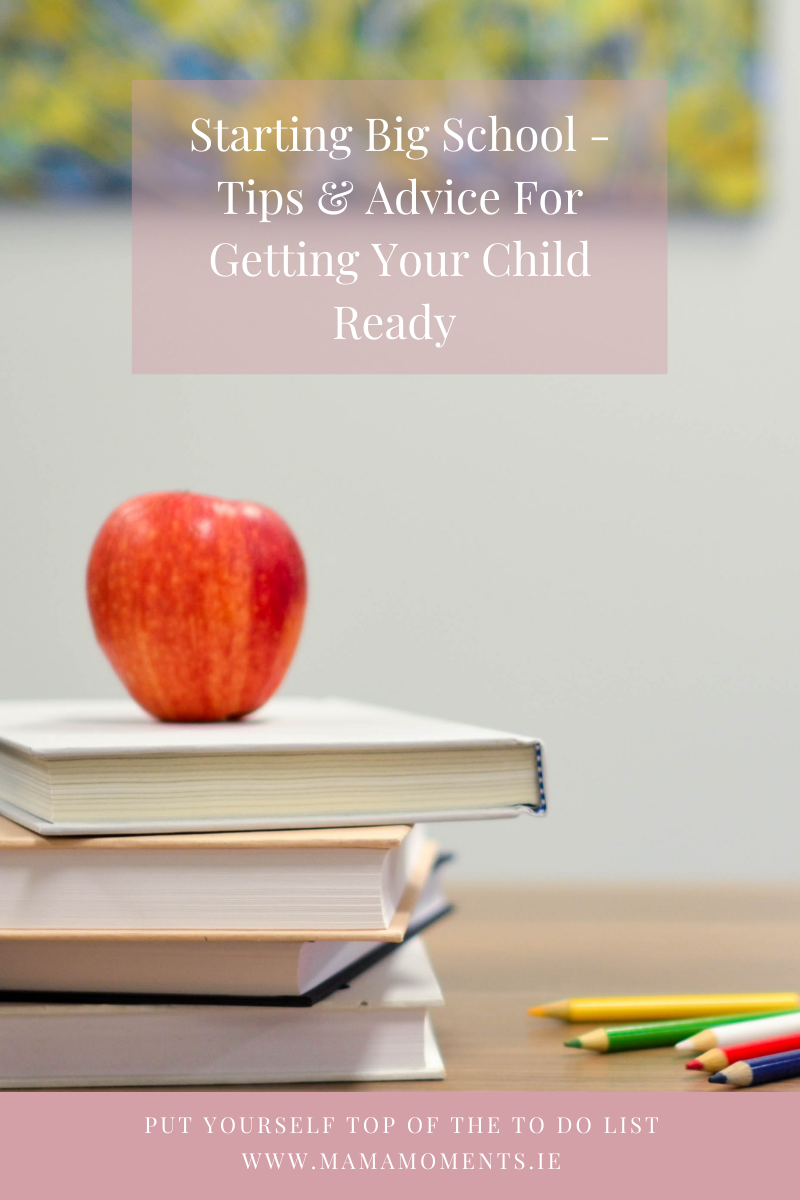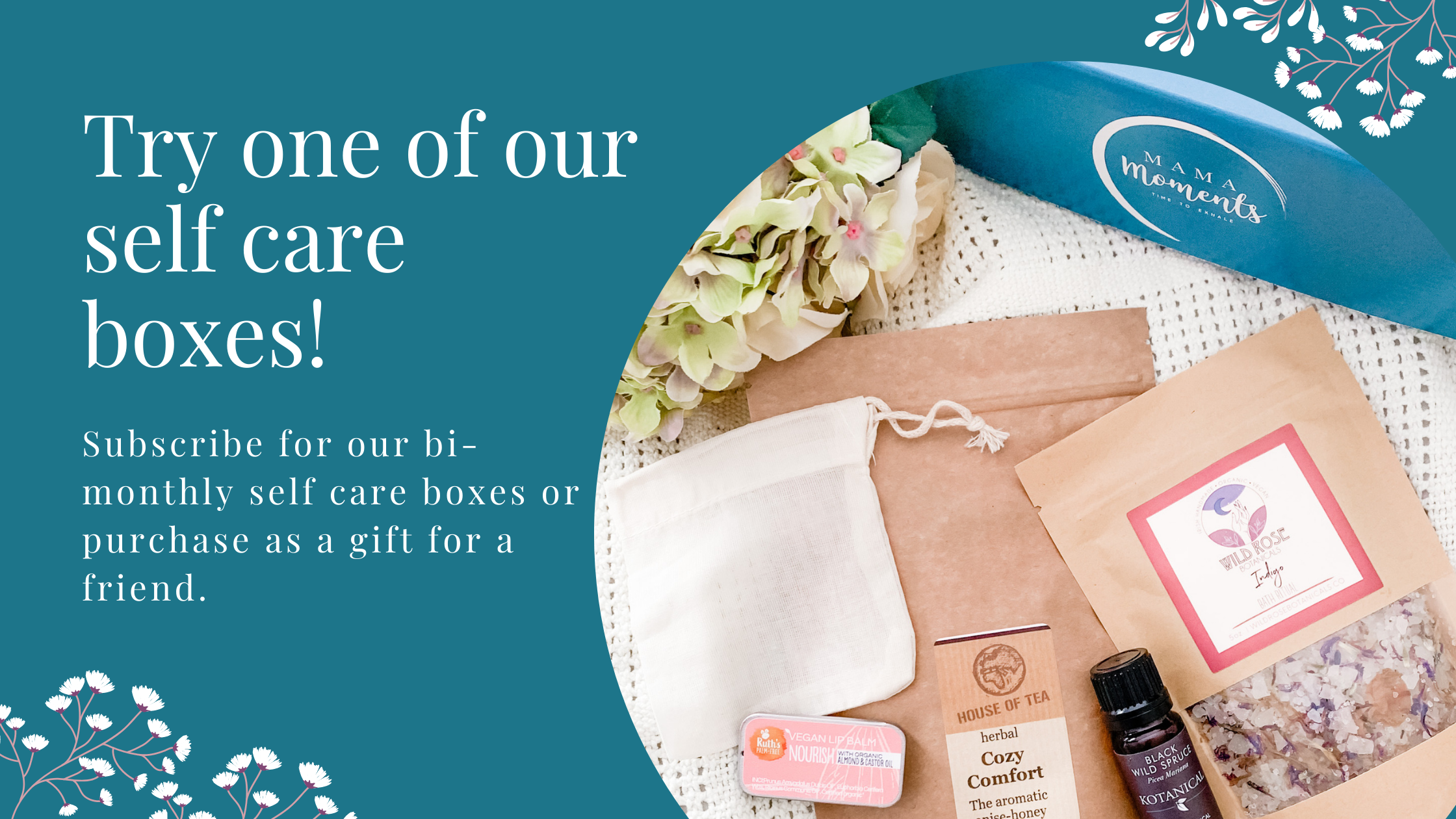 You may have felt it. The darkness creeping in as the days grow shorter and the light breeze which knocks telling us autumn is right around the corner. You may have felt the bittersweet ending of the holidays as the idea of the school bell ringing once again enters our mind as we sort out uniforms and tick off book lists. We’re almost there. We’re almost back to school.
You may have felt it. The darkness creeping in as the days grow shorter and the light breeze which knocks telling us autumn is right around the corner. You may have felt the bittersweet ending of the holidays as the idea of the school bell ringing once again enters our mind as we sort out uniforms and tick off book lists. We’re almost there. We’re almost back to school.
The sound of the school bell may be a first for some of our little ones as they make that huge leap to big school. It’s either a time full of excitement as they simply can’t wait to be big like their big brothers or sisters, or it’s a time full of apprehension about what life will be like in such a large building with so many people. Big school is a big deal for every single to-be junior infant.
With the ECCE programme, the transition from preschool to big school is certainly a lot easier than when we were four or five and clinging on to our mother’s leg for dear life. Our kids are much more confident and enthusiastic about kickstarting their time at primary school because they are much better prepared these days. But that doesn’t mean this big leap isn’t a time full of nervousness or worry for our little ones. Or for ourselves for that matter.
Over the summer our tiny little ones can suddenly seem so grown up as they try on their uniform or meet their teacher for the first time in their new bright and colourful classroom. It can be overwhelming not only for them but also for us, as parents, as we try to overcome our own apprehension. For that reason, today’s blog is about how we can guide our kids to the front door of their school with positivity and enthusiasm. Triona Gunning of Early Years Insights shares her top five tips for how we can actively support our kids, tame our own emotions, and help our kids have a great introduction to primary school.
1: Prepare Yourself
“This is a big transition for us as parents,” says Triona, “and comes loaded with emotions that our children can easily pick up on and add to their own. Take time to recognise your feelings, are you nervous or excited? Take time to work through these feelings so that you are in a balanced place to deal with your child’s emotions. Using strategies such as exercise, meditation, or journaling can all be helpful. Consider allowing your child to see you using these strategies, explain what you are doing and why. This normalises feelings and allows them to consider how they might work through their own emotions.”
2: Listen to Your Child
“We need to hear both what our children are saying and what they are not saying,” advises Triona. “Children’s body language and behaviours can be a great indicator to what they might be feeling, especially if they don’t quite understand why they might be feeling this way. Open the conversation about school but allow your child to respond or to redirect the conversation if they are not ready to discuss it yet. If they are reluctant, focus on short term goals such as picking a bag or buying their uniform.”
3: Practice Using Items
“It can be tempting to buy all the new items (bag, lunchbox, folders, coat, shoes) and put them away for the first day of school. But by allowing our children to use them over the summer they can become familiar with them, proficient at using them and this leads to increased confidence in their own abilities as they enter into a new and unfamiliar environment.” Triona recommends using their lunchbox at lunchtime at home or their bag for days out or even just for play in the house to encourage familiarity and ownership.
4: Build Skills
“Another way to boost your child’s self-esteem and confidence as they move into a new environment,” says Triona, “is to provide opportunities for them to practice life skills over the summer. Mastering tasks such as zipping up a coat, washing and drying their hands or tidying away their activities are the basis for skills they will learn in school. The teacher will also be extremely grateful!”
5: The First Day
“Be sure to take a few minutes to regulate your own emotions, your child will possibly need you calm as they get ready to leave. Allow yourself extra time in your morning routine to avoid stress. As you greet the teacher, be friendly and cheerful so that your child recognises that you are leaving them with a trusted adult. And most importantly,” says Triona, “trust your child’s ability to take this next big step.”
Getting the balance right between preparing our young kids for big school and avoiding overwhelming them can be a tricky bit of parenting. But remember, changing schools, making new friends, learning new things, and building a new routine can take time for anyone. Love, support, and guidance will go a long way with such a big transition. Give yourself plenty of love too if the first few weeks don’t necessarily go to plan. You are doing your best and everything will fall into place, perhaps sooner than you think.
Click HERE for self care boxes

